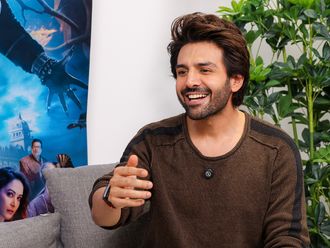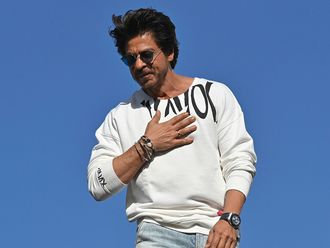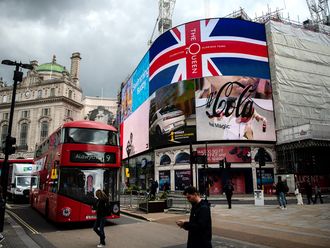New Delhi: The Indian court verdict on Thursday on the ownership of a site in the town of Ayodhya is the latest chapter in a long and sometimes deadly dispute between Hindus and Muslims. Here are the key events in the controversy:
- 1528: The Babri mosque is built in the Hindu holy town of Ayodhya, Uttar Pradesh, on a site where Hindus also believe the god Ram was born
- 1859: British colonial rulers divide the site between Muslims and Hindus to allow both to worship
- 1949: Legal battle begins after idols of Lord Ram appear in the mosque, allegedly put there by Hindus. Muslim and Hindu groups file civil suits, and the government takes over the land
- 1987: The Hindu nationalist Bharatiya Janata Party (BJP) launches a campaign for Hindus to demolish the mosque to build a temple on the site in honour of Lord Ram
- 1990: Senior BJP figure L.K. Advani heads a chariot procession to support construction of a temple at the Babri mosque site, raising religious tensions across India
- December 6, 1992: The mosque is destroyed by radical Hindus, triggering Hindu-Muslim riots in which more than 2,000 people die
- 1998: The BJP, which moved to the political centre-stage on the back of a Hindu nationalist movement, wins general elections and leads a coalition government until 2004
- 2002: About 2,000 people die in anti-Muslim riots in Gujarat triggered by the deaths of 59 Hindu pilgrims returning from Ayodhya in a train fire that was blamed on Muslims. An inquiry in 2005 concluded that the fire was accidental
- 2009: The Liberhan commission into the mosque destruction delivers its verdict 17 years after being set up. It implicated senior BJP leaders including L.K. Advani in the razing of the mosque












